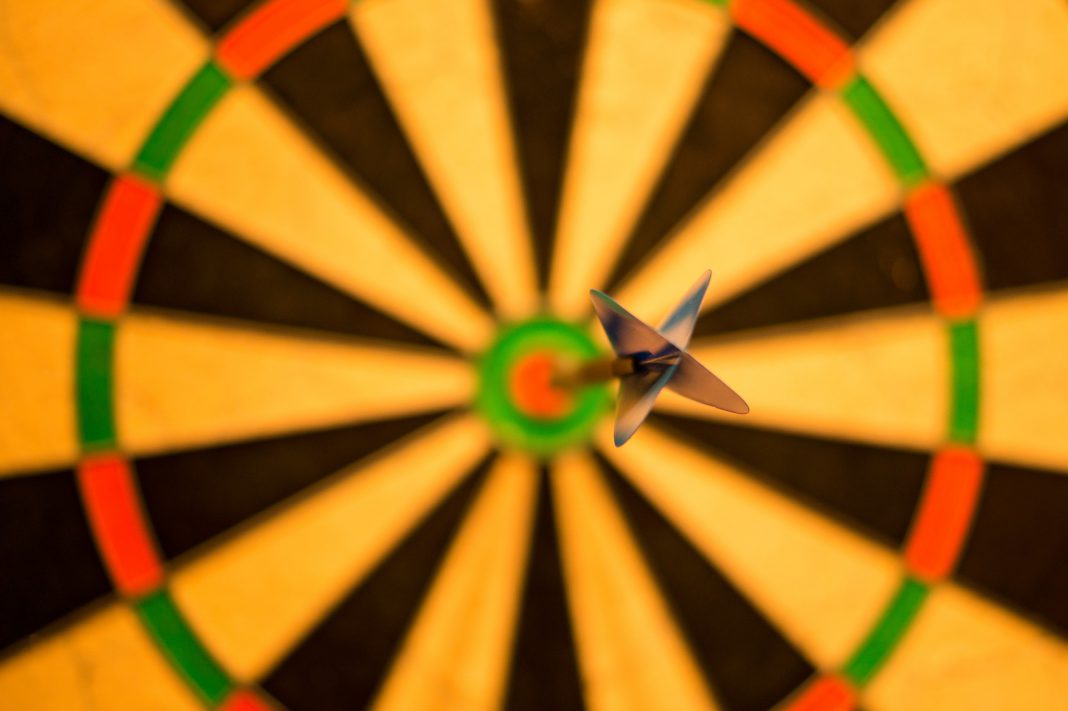Measuring the success of your team
You probably won’t be winning trophies or making newspaper headlines as a coach of your youth sports team, you may not necessarily stay with the same players as they progress through their careers so you might well find it hard to truly measure the success of your team and its players. If your are unsure about specific technical development attributes and what a future sports star looks like when they are under the age of 10 then don;t worry here’s a little helping hand – it’s probably a lot simpler than you think. Bear in mind that learning being a sportsman is the same as any other learning that kids will be doing in school so there are ways that you will be able to measure the success of your coaching and know that you are along the right lines to something great.
Are they having fun?
Almost goes without saying doesn’t it? But aside from any tricks that they might be pulling or the amount of goals that your team might be beating another team by, the most important question is are the kids enjoying themselves? Are they enjoying being in each other’s company? Are they smiling? Are they laughing? And do they genuinely look happy when they are with the rest of the team at training sessions or at matches? If they are then there’s not much more that you can be doing. Kids starting out in sports need to be primarily enjoying themselves, it is when they are happy and having fun that they will keep coming back, that they will try hard and when they are more likely to keep playing the game and help teach others to play and that can only be a good thing.
Are they enthusiastic?
You will see that kids enjoy playing in your team by the amount that they put in to each session and each match. Are the kids hustling hard? Are they trying their best? And are they enthusiastic to play and test themselves? When kids are having fun they will put more effort in and so you will be able to measure the impact that you are having on these kids by the amount respond on the pitch. There will be no better feeling than when you see that your kids are giving their all and pushing themselves to be better in and out of your sessions.

Are they learning learning teamwork?
Do they work well together and are they learning to work as a team? This is the kind of education that will benefit kids for their entire lives, as working with others will naturally become part of their later lives in terms of jobs and even family life. Are they supporting each other no matter if they win or they lose and are they comfortable and confident to express themselves when they are with the team? This will show if they feel accepted and comfortable which will be giving them a great headstart as they continue their learning in the game.
Can they solve their own issues?
Sports throw up many surprising scenarios and issues both on and off the pitch. You will need kids to be able to handle these confidently and comfortably. Are they able to deal with these issues by themselves? Can they work together when the chips are down in stead of turning to you immediately when something goes wrong? It is important that kids learn independence and strength on and off the field. You will be able to see how much they grow in maturity just by how they react to being in a position that is not of their own choosing.
Are they being creative?
Are the kids expressing themselves and are they able to be creative? It is important that the kids understand the difference between strictly adhering to ideas of tactics or formation and when they can go and try something magical or creative that might just make the difference in a match. If they feel comfortable to try new skills and tricks then they will have an ownership of their own game, which will benefit them immensely.
Are they learning?
When starting a team from scratch it is possible that most of your kids won’t have any general understanding of sports at all. So are they learning more about the sport? Are they learning the rules, how to play, how to embrace their culture, and do they enjoy it outside of practice and match time? Do they play when they are not with the team? All of these things show that their learning has not stopped on the sports field with you. It shows that they are taking what they are doing with you and their teammates and implementing it into their daily lives and allowing for kids to have a greater variety of interests and passions, which is a great thing for their future.







